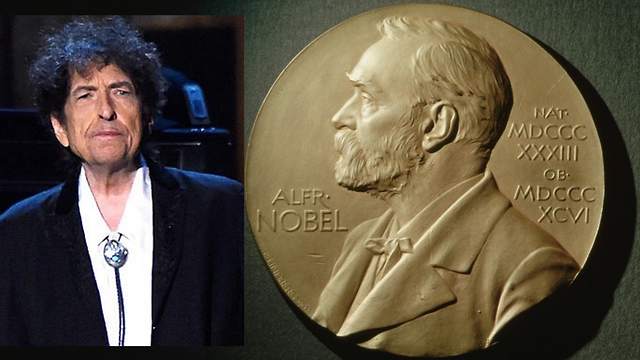 For some years now historians have been trying to recover the stories of the forgotten groups of history, groups that have been marginalised by law or society and so have had their stories untold. These groups include women, blacks, native groups, gays and other minorities that for one reason or another have gone under the collective societal radar. These new histories have been invaluable in giving a fuller, richer and truer picture of societies.
For some years now historians have been trying to recover the stories of the forgotten groups of history, groups that have been marginalised by law or society and so have had their stories untold. These groups include women, blacks, native groups, gays and other minorities that for one reason or another have gone under the collective societal radar. These new histories have been invaluable in giving a fuller, richer and truer picture of societies.
One of the problems with this however is the question of material. If people are ignored by society, or taken for granted, or treated as hostile or threatening elements, then the evidence for their lives can be much slimmer, better hidden and can take some ferreting out, or in some cases, assumptions must be made. Which is all part of the process.
But it was with some surprise I saw Grantlee Keiza’s book Mrs Kelly: The Astonishing story of Ned Kelly’s mother” was such a thick book, over five hundred pages in hardback. I’ve long thought the women in Ned Kelly’s life needed more attention as both the inspiration for, and great supporters of what is known as the Kelly Outbreak. This was a period of two years from 1878 when a policeman named Fitzpatrick tried to arrest Ned and his brother on his own which went terribly pear-shaped for him, to the Stringybark Creek murders, where Kelly and his gang killed three of the policemen who were now searching for them, to Glenrowan, where three of the gang were killed in a day long clash with police, and through to Kelly’s hanging in November 1880. The recent Australian musical Ned! gave the women more of their due, and here I thought was a book that would do the same. The thickness of the book was encouraging. Mrs Kelly outlived her most famous child by forty years. What had she done in that time?, I had wondered. Here I thought was the book to tell me.
Nope. Mrs Kelly does give a much fuller story of the early life of Ellen Quinn, whose family were free immigrants from Ireland. We have her relationship with her father and his family, which has ramifications even after her marriage to Red Kelly, an alcoholic ex-convict. Despite their hard work, they end up at the bottom of the colonial society, and in Gretta, a small town that is a den of thieves; horse thieves mainly. That she and her children ended up criminals to lesser and greater degrees is hardly surprising. After her husband’s death, she takes up with two men in turn, both of whom get her pregnant, and both of whom abandon her. George King at least married her and lived with her for some years, something Bill Frost didn’t bother with. In all, she had twelve children and the misfortune to outlive all but four of them.
But once she goes to prison in 1788, in the aftermath of the ‘Fitzpatrick Incident’, the bulk of the book tells us the story - again - of the Kelly Outbreak. We hear bits of life inside for a woman with six-month old child, but not much. Seems it would be useful and interesting to hear more of life in a women’s prison in the late 19th Century but no. Kieza goes though the Ned Kelly story again without new useful information or insight. Michael Kennedy, one of the policemen murdered by Kelly, by all accounts a decent man, gets a bigger role here, which is refreshing I admit. Keiza seems to take delight in recounting everyone who made a disparaging remark about the Kelly women, especially Kate, famed in her time both as a beauty and a wonderful horserider, and one of the Kelly Gang’s most loyal supporters in word and action. But Keiza finds someone who found her unattractive and quotes him. That’s putting the women to the forefront.
 But the worst is that after Ned’s death, the next four decades are disposed of in a little over fifty pages. And it’s not just Ellen Kelly. Ned’s hangman’s story gets wrapped up. Phew! That was keeping me awake. His sisters, his cousins, policemen and members of the judiciary, all within fifty pages. Like any other book about Ned Kelly, the writer loses a lot of interest once Ned is dead. Which is fine if you’ve called your book Ned Kelly. If you’ve called it Mrs Kelly, it’s unforgivable.
But the worst is that after Ned’s death, the next four decades are disposed of in a little over fifty pages. And it’s not just Ellen Kelly. Ned’s hangman’s story gets wrapped up. Phew! That was keeping me awake. His sisters, his cousins, policemen and members of the judiciary, all within fifty pages. Like any other book about Ned Kelly, the writer loses a lot of interest once Ned is dead. Which is fine if you’ve called your book Ned Kelly. If you’ve called it Mrs Kelly, it’s unforgivable.














